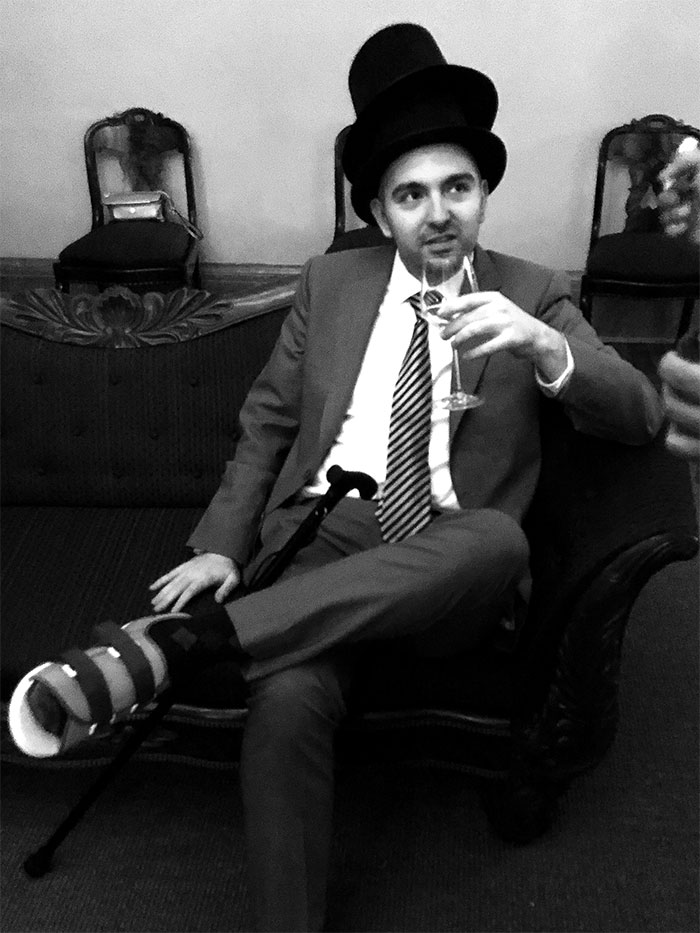Massive open online courses are a new, rapidly evolving platform for delivering educational instruction. Since their appearance just a half-decade ago, multiple platforms now offer dozens of free courses from leading universities across the country. However, as MOOCs work to transform education, they also seek to find ways to turn innovative educational experiences into viable business models. In many respects, this is the same challenge facing many Internet services today. Yet while many “free” Internet services rely upon their users giving up control of their personal data in exchange, this bargain becomes strained when we enter the field of education.
Education aims to encourage free thought and expression. At a basic level, a successful learning experience requires individuals to push their mental abilities, often expressing their innermost thoughts and reasoning. A sphere of educational privacy is thus necessary to ensure students feel free to try out new ideas, to take risks, and to fail without fear of embarrassment or social derision. As a data platform, MOOCs by their very nature collect vast stores of educational data, and as these entities search for ways to turns a profit, they will be tempted to take advantage of the huge quantities of information that they are currently sitting upon.
As MOOCs look for ways to turn a profit, they will be tempted to turn to the vast stores of personal data that they are currently sitting upon. It will be essential to consider the privacy harms that could result if this personal educational data is treated carelessly.
This is already some evidence that MOOC organizers recognize this challenge. In January, a dozen educators worked to draft a “Bill of Rights” for learning in the digital age. The group, which included Sebastian Thrun, founder the MOOC Udacity, declared that educational privacy was “an inalienable right.” The framework called for MOOCs to explain how student data was being collected, used by the MOOC, and more importantly, made available to others. “[MOOCs] should offer clear explanations of the privacy implications of students’ choices,” the document declared.
In addition to Udacity, the leading MOOCs–Coursera and edX–can improve how they approach student privacy. Most MOOCs have incredibly easy sign-up processes, but they are much less clear about what data they are collecting and using. At the moment, the major MOOCs rely on the usual long, cumbersome privacy policies to get this information across to users.
These policies are both broad and unclear. For example, Coursera states in its Privacy Policy that it “will not disclose any Personally Identifiable Information we gather from you.” However, it follows this very clear statement by giving itself broad permission to use student data: “In addition to the other uses set forth in this Privacy Policy, we may disclose and otherwise use Personally Identifiable Information as described below. We may also use it for research and business purposes.” More can be done to offer clear privacy guidelines.
Beyond providing clearer privacy guidelines, however, MOOCs also should consider how their use of user-generated content can impair privacy. A potential privacy challenge exists where a MOOC’s terms of service grant it such a broad license to re-use students’ content that they effectively have the right to do whatever they wish. EdX, a project started by educational heavyweights Harvard and MIT, states in its Terms of Service that students grant edX “a worldwide, non-exclusive, transferable, assignable, sublicensable, fully paid-up, royalty-free, perpetual, irrevocable right and license to host, transfer, display, perform, reproduce, modify, distribute, re-distribute, relicense and otherwise use, make available and exploit your User Postings, in whole or in part, in any form and in any media formats and through any media channels (now known or hereafter developed).” Coursera and Udacity have similar policies.
Under such broad licenses, students “own” their exam-records, forums posts, and classroom submissions in name only. The implications of a MOOC “otherwise using” my poor grasp of a history of the Internet course I sampled for fun is unclear. This information could be harnessed to help me learn better, but as MOOC’s become talent pools for corporate human resource departments, it could bode ill for my future employment prospects.
At the moment, these are unresolved issues. Still, as MOOCs move to spearhead a revolution in how students are taught and educated, providing students of all ages with a safe-space to try out new ideas and learn beyond their comfort zone will require both educators and technology providers to think about educational privacy.

